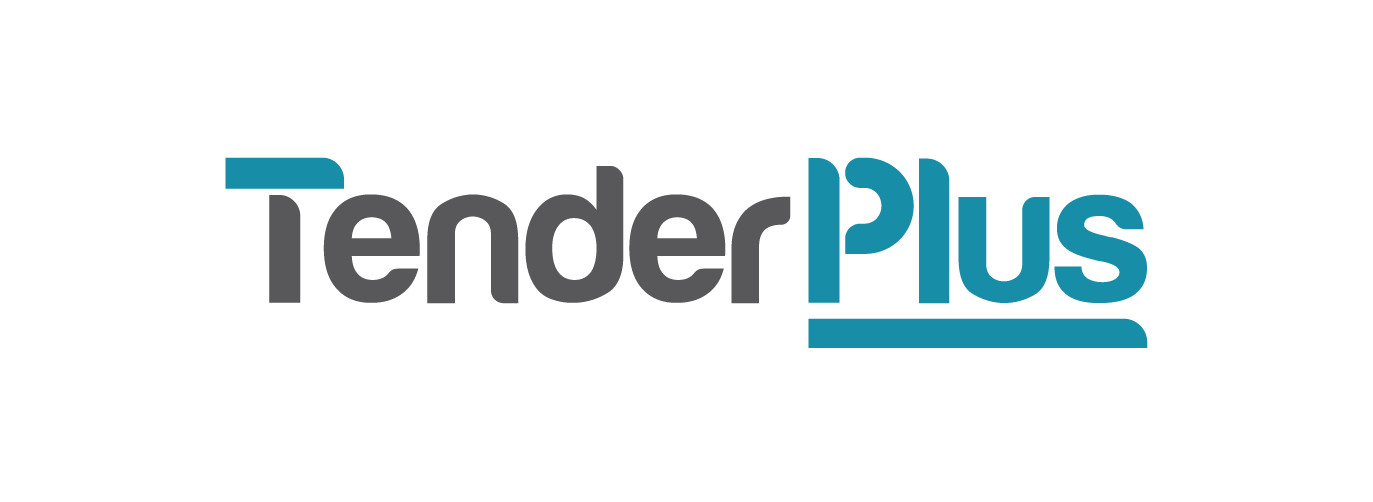5 tips for successful teamwork in tendering
Zoe Webber, Tender Specialist (Brisbane)
Teamwork is essential to tendering, particularly when bids are complex and require inputs from several workstreams or different teams across an organisation. So how do we ensure the team is functioning effectively and efficiently, and what techniques can a tender manager employ to safeguard success? To ensure that your bid team thrives during what can be a stressful process, here are five top tips to foster collaboration and teamwork during a tender process.
1. Ensure online workspaces are working and functioning efficiently
The easiest way to ensure your team’s success is to create an online environment that is simple and fit for purpose. This is particularly important when there are a number of different teams collaborating across an organisation, when bringing together organisations in a joint venture or consortium, or if you have contributors internationally.
Be sure that any SharePoint or collaboration site is set up correctly, with members having the correct permissions to access and edit documents before the bid commences.
Use the bid kick-off as an opportunity to run contributors through the basics of using SharePoint, where key documents are saved, and how to use any document templates/styles effectively. Make it clear that all content should added in online response documents, not in their own personal file, as it reduces visibility over how the response is progressing and can create confusion if personal workings do not align with the solution or style of the rest of the team.
2. Adequately plan and dedicate resources
It’s important to make sure your teams feel supported and equipped to handle the demands of the bid. When people feel overwhelmed over overloaded, it can make it difficult to prioritise and manage their workload.
Realistically look at the whole timeline of the bid ensuring you’ve dedicated an adequate number of resources to the tender. Be mindful of the timing of any key review dates, plan for periods when team members may have leave or public holidays and consider where there may be other bids in the pipeline that could pull focus.
3. Balance team dynamics and priorities
Oftentimes, tendering is just one aspect of a subject matter expert’s day job. Be sure to have an understanding and compassion for each team member’s responsibilities and functions, and delegate tasks accordingly.
For example, the technical team develops the solution, the submissions team manages the actual documentation and submission, and the commercial team negotiates down/upstream to maintain the business position and develop relationships.
In a good tender team, these functions will be regularly talking and coordinating their efforts on a best-for-project basis, incorporating and building upon diverse perspectives and approaches to reach the best solution for the project.
4. Promote a culture of support, accountability and transparency
From experience, where tender teams can often break down is when a team member feels overburdened by their workload or is unsure how to respond to client questions, but does not feel comfortable communicating this with their team.
From pre-bid to post-bid it should be made clear to the team that a culture of respect and honesty is the key to ensuring best for tender outcomes. A sustainable team dynamic shares responsibility for wins and losses and should endeavour to support each other or lighten the load when someone needs additional support. This will ensure that where contributors may be having difficulty progressing, they feel comfortable expressing any concerns or issues with their team.
5. Maintaining a flexible environment
An environment that encourages teams to be transparent about their commitments, giving everyone the time to pivot and prioritise their workload, will ensure your team is able to collaborate and support each other effectively.
At times, tenders require long hours under high pressure. Maintaining a sustainable team dynamic in this environment requires personalising support to each member based on their needs and working styles. For example, if you are a working parent, you may need to step away for school drop-offs or pick-ups. Your team should accommodate this, even in the highest-pressure moments of a submission.
Effective teamwork is vital to a successful tendering process. With these five simple tips, bid managers can create an environment that fosters collaboration and drives success. These strategies not only enhance productivity but also ensure that each team member feels valued and supported. Ultimately, a well-coordinated team equipped to handle the complexities of the tender will deliver higher-quality bids and achieve the best for project outcomes.
Want to know what makes the Tender Plus team so special? Find out more here or contact us. We not only strategically position and communicate tenders, we foster a culture conducive to success.
